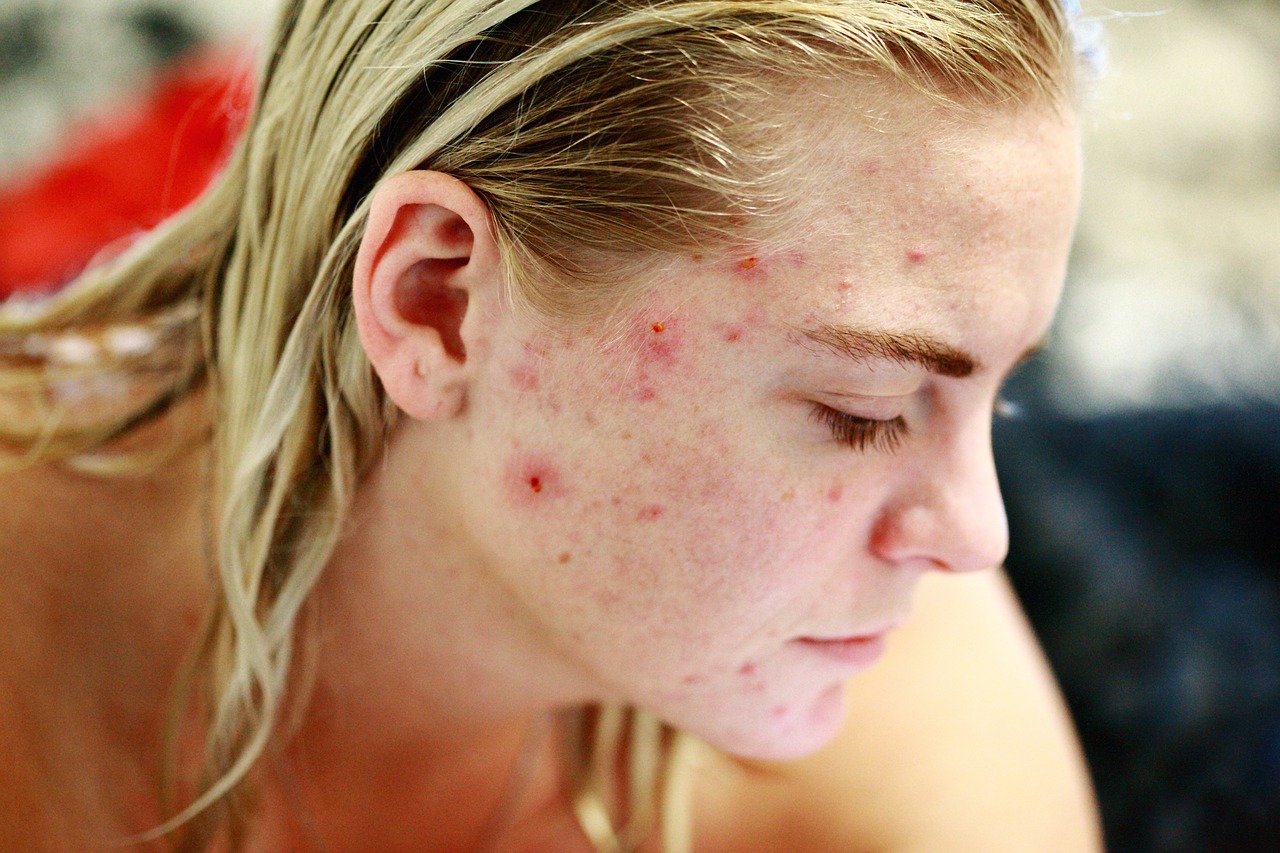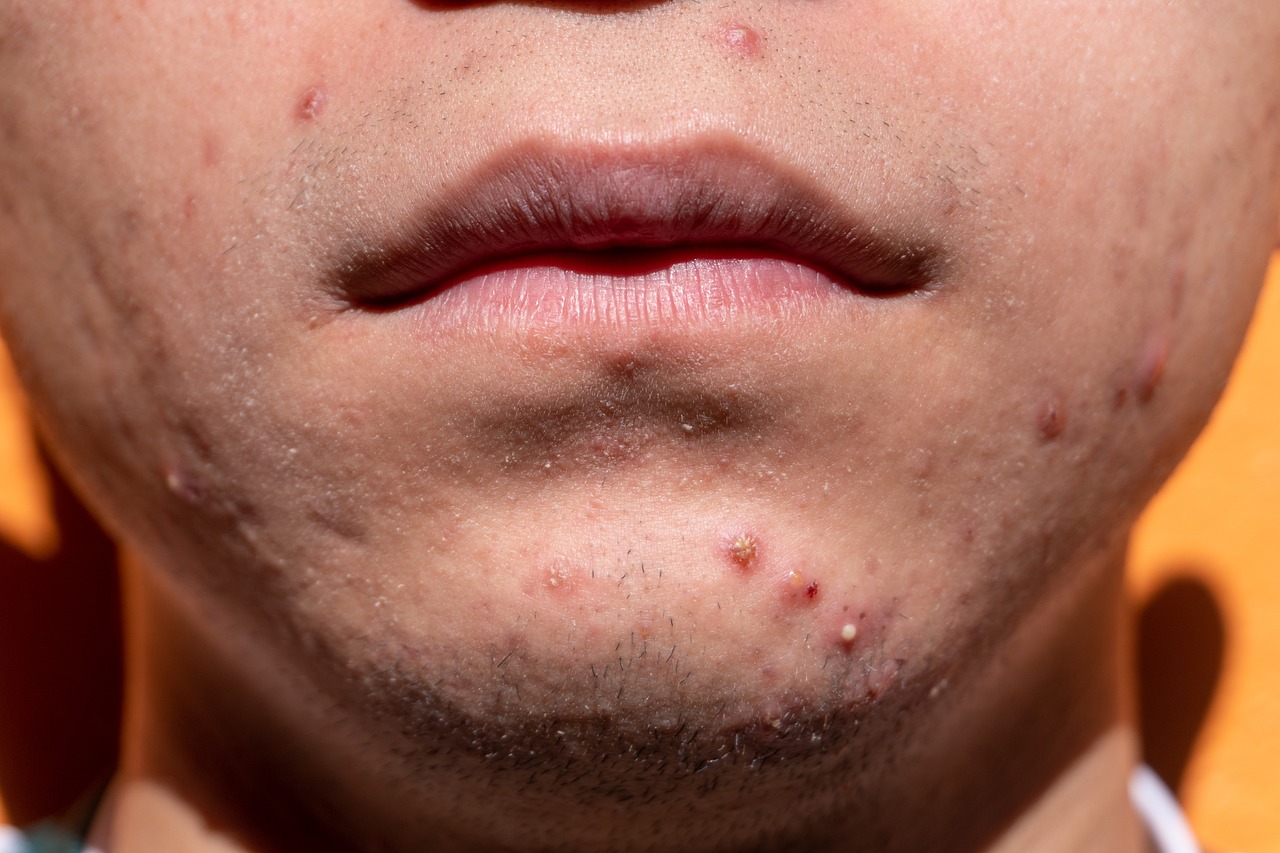Acne in Different Phases of Life: Insights for Teens, Adults, and Beyond

Acne, with its different types, can persist into adulthood. Understanding how acne manifests and the strategies for managing it at different life stages is essential for achieving clear and healthy skin.
TelMDCare has a team of experienced online doctors who treat acne. Our highly qualified virtual doctors provide exceptional medical services in the comfort of your home.
This piece sheds light on acne's journey through different life phases, offering insights and expert advice for teens, adults, and beyond.
Understanding Acne In Different Life Phases
Let’s discuss acne in different life phases in detail:
Teenage Troubles: Hormonal Havoc
The teenage years are notorious for hormonal havoc, and acne often accompanies this tumultuous phase of life. As puberty hits, hormonal fluctuations, particularly an increase in androgens (male hormones), stimulate the sebaceous glands to produce more oil or sebum.
This excess oil production, combined with dead skin cells, can clog pores, forming whiteheads, blackheads, and, in some cases, more severe forms like cystic acne. Teens might also experience a surge in skin inflammation due to these hormonal changes.

Skincare Insights for Teens:
Gentle Cleansing:
Teens should adopt a gentle cleansing routine to remove excess oil and impurities without overstripping the skin's natural moisture barrier.
Regular Exfoliation:
Exfoliating with mild products can help prevent pore blockages, but it's essential to avoid harsh scrubs that can irritate the skin.
Non-Comedogenic Products:
Opt for non-comedogenic (won't clog pores) skincare and makeup products to reduce the risk of acne flare-ups.
Adult Acne: Navigating the Challenges
For many individuals, acne doesn't magically disappear after adolescence. Adult acne is a prevalent issue, affecting people well into their 30s, 40s, and beyond. It often has different triggers, including stress, hormonal fluctuations (especially in women), and the use of certain medications.
Adult acne tends to be more focused on the lower face and jawline, with painful cysts and deep nodules being common.
Effective Adult Acne Management:
Hormonal Management:
Some women may benefit from hormonal therapies like birth control pills or anti-androgen medications.
Stress Reduction:
Stress management techniques like meditation and yoga can help reduce acne exacerbation.
Professional Treatments:
Dermatologist-recommended treatments like chemical peels or laser therapy can be highly effective for adult acne.
Acne Beyond Middle Age: Late-Onset and Perimenopausal Acne
While acne tends to lessen as people age, it can sometimes reappear later in life, especially in women going through menopause.
The hormonal changes associated with menopause can trigger breakouts, and skincare needs may shift. Moisturization becomes crucial as skin tends to dry out, and sun protection remains essential to prevent post-inflammatory hyperpigmentation.
Managing Acne in Later Life:
Gentle Anti-Aging Products:
Seek anti-aging products with gentle, non-comedogenic formulations to address acne and aging concerns.
Dermatologist Consultation:
If acne emerges during menopause, consulting a dermatologist can help determine the most suitable treatment options.
Get Acne Treatment Online Via TelMDCare
Acne is a skin condition that transcends age, as do the solutions. By understanding how acne evolves at different life stages and arming yourself with expert advice and effective strategies, you can embark on a journey to clearer and healthier skin, no matter where you are in life.
TelMDCare has a team of virtual doctors for acne treatment in multiple US states. Our doctors ensure to provide top-class medical services at affordable rates. You don’t have to worry about getting out of your home and contacting the polluted atmosphere outside. Our telemedicine doctors provide treatment, saving you from the hassle of traveling and wasting effort as well as money.
Just schedule an appointment online to consult a doctor for acne.